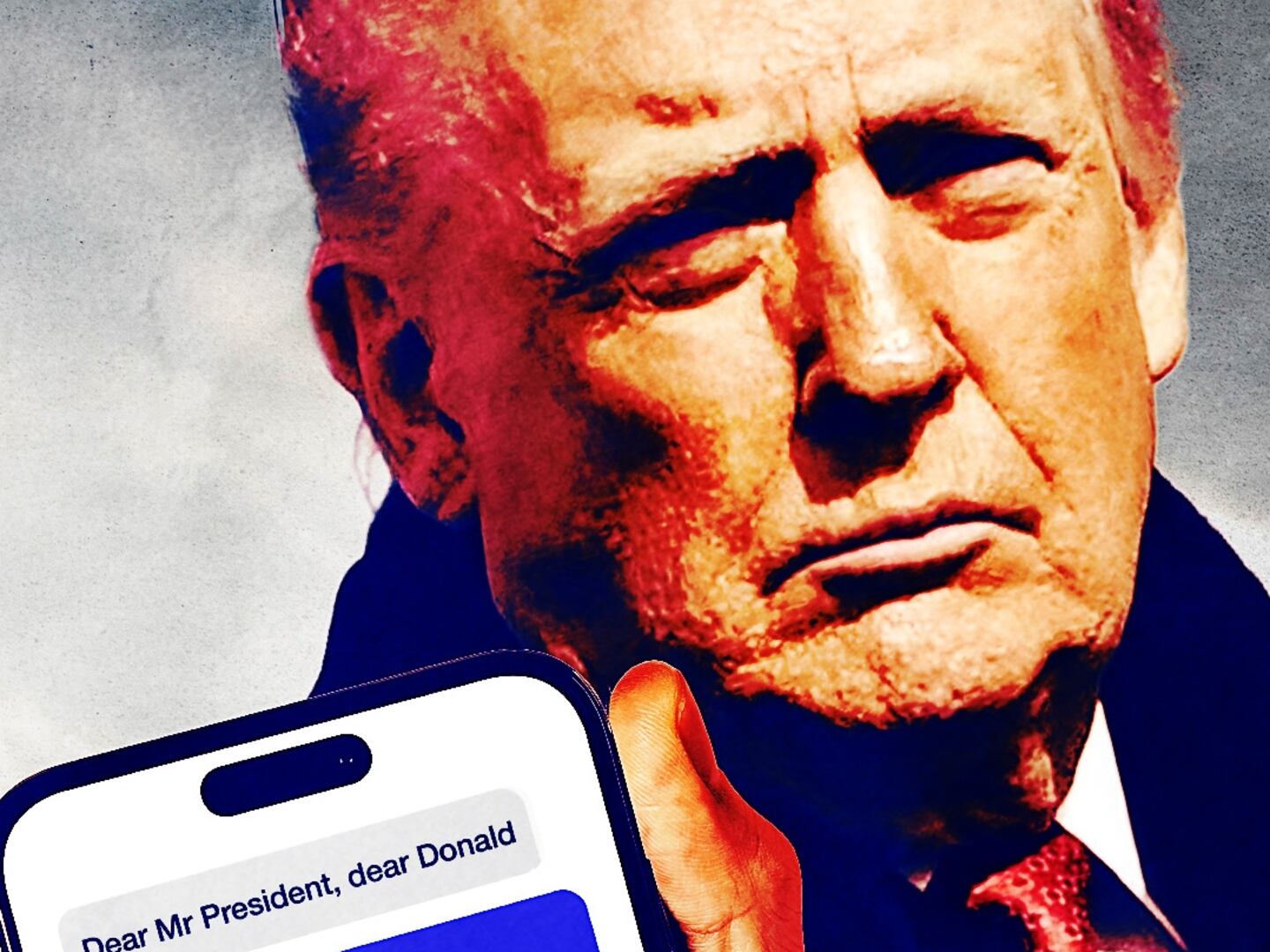House Judiciary Chairman Jerry Nadler (D-NY) said Thursday that he would issue a subpoena seeking Special Counsel Robert Mueller’s grand jury information and underlying evidence following the Department of Justice’s release of the heavily redacted Mueller report.
"Because Congress requires this material in order to perform our constitutionally-mandated responsibilities, I will issue a subpoena for the full report and the underlying materials,” Nadler said Thursday.
The Justice Department is expected to reject the subpoena, setting up a legal fight that could go all the way to the Supreme Court.
The move by Nadler comes after weeks of demands by Democrats on Capitol Hill that Attorney General William Barr give Congress the full, unredacted report and its accompanying documents. Barr refused to do so, saying in Hill testimony earlier this month he was working with Mueller to redact classified information, grand jury information, and any information that would hurt the reputation of individuals who were not charged.
The report, which was released Thursday morning, lays out in more than 360 pages what the special counsel’s office found during its two-year investigation into Russian meddling in the 2016 presidential election. The document says that Mueller’s team did not find any evidence of collusion or coordination by members of the Trump campaign, or any American, with Russia’s efforts to interfere in the election. It also says that the special counsel’s office chose not to charge Trump with obstruction of justice. The report is peckered with redactions of information related to grand jury testimony.
Hours before the release of the Mueller report Thursday, Barr said in a press conference that he would present a fuller report to certain members of Congress but asserted that he would leave grand jury information redacted.
“I believe that this accommodation, together with my upcoming testimony before the Senate and House Judiciary Committees, will satisfy any need Congress has for information regarding the Special Counsel's investigation,” Barr said.
Democrats began their fight for the release of the full report immediately following the end of Mueller’s investigation last month when Barr released a memo, initially described as a summary, of the special counsel’s findings.
Barr told Congress in that memo that Mueller’s office did not draw a conclusion on whether Trump had obstructed justice. Barr wrote he and Deputy Attorney General Rod Rosenstein concluded the evidence was not sufficient to establish the president had committed an offense. Since then it has been reported that some of Mueller’s investigators felt that the report was more damaging to Trump than Barr reflected in his letter.
Democratic staffers on the Hill met behind closed doors this week with members about how best to tackle the redactions in the Mueller report both from a legal and public relations standpoint. Members of the House Intelligence Committee were warned, for example, not to analyze the Mueller report live on television following its release, according to two sources with knowledge of the conversations. the House Judiciary Committee, too, discussed ways to pressure Barr and the DOJ to release the report’s findings, even if in a classified setting.
Meanwhile, several House committees are pursuing investigations into Trump and his associates. The judiciary committee is seeking records from more than 80 individuals who were connected to the Mueller investigation. The intelligence committee is carrying out its investigation of Russia’s efforts to influence the 2016 presidential election, with a specific focus on money laundering. The committee has also said it is looking to bring back Trump associates for further questions about their work on or related to Trump’s campaign.






